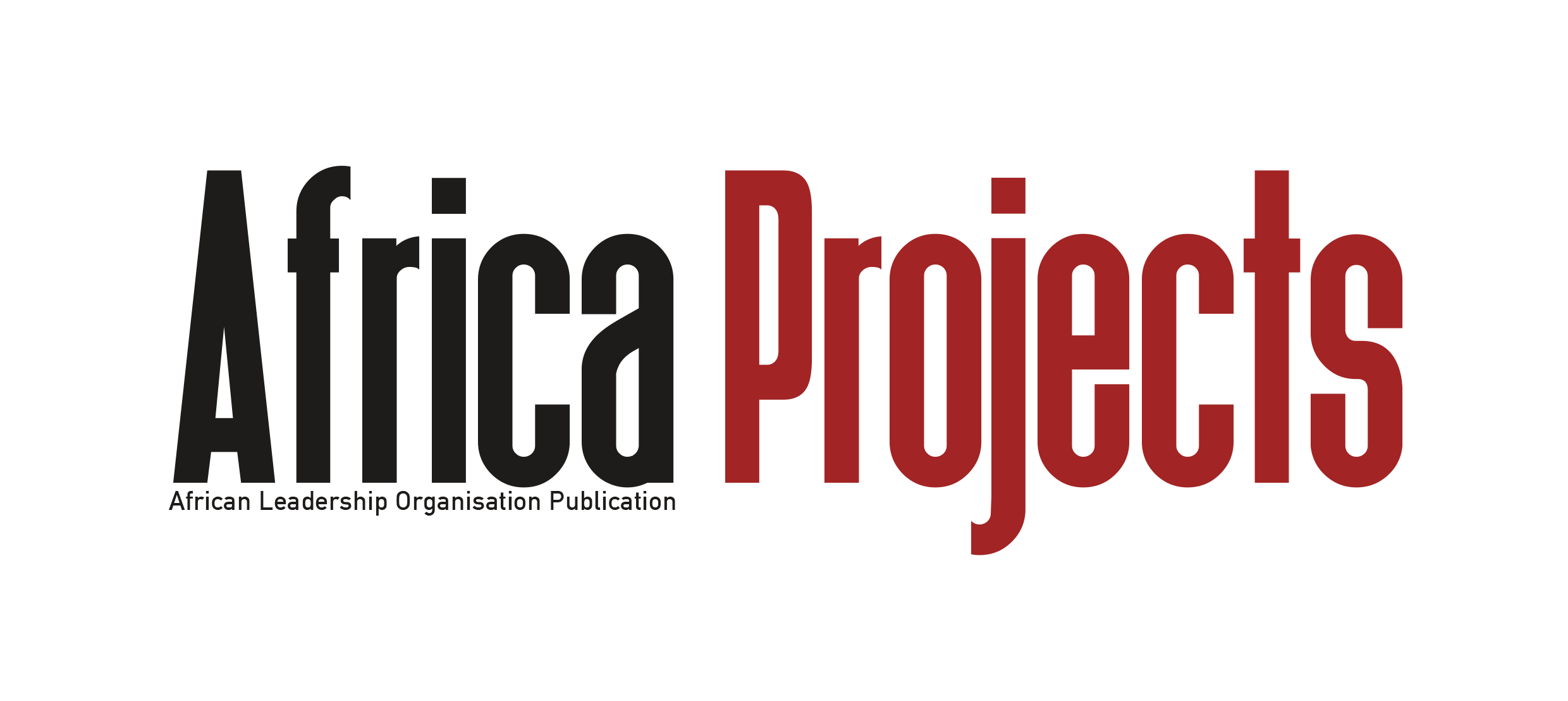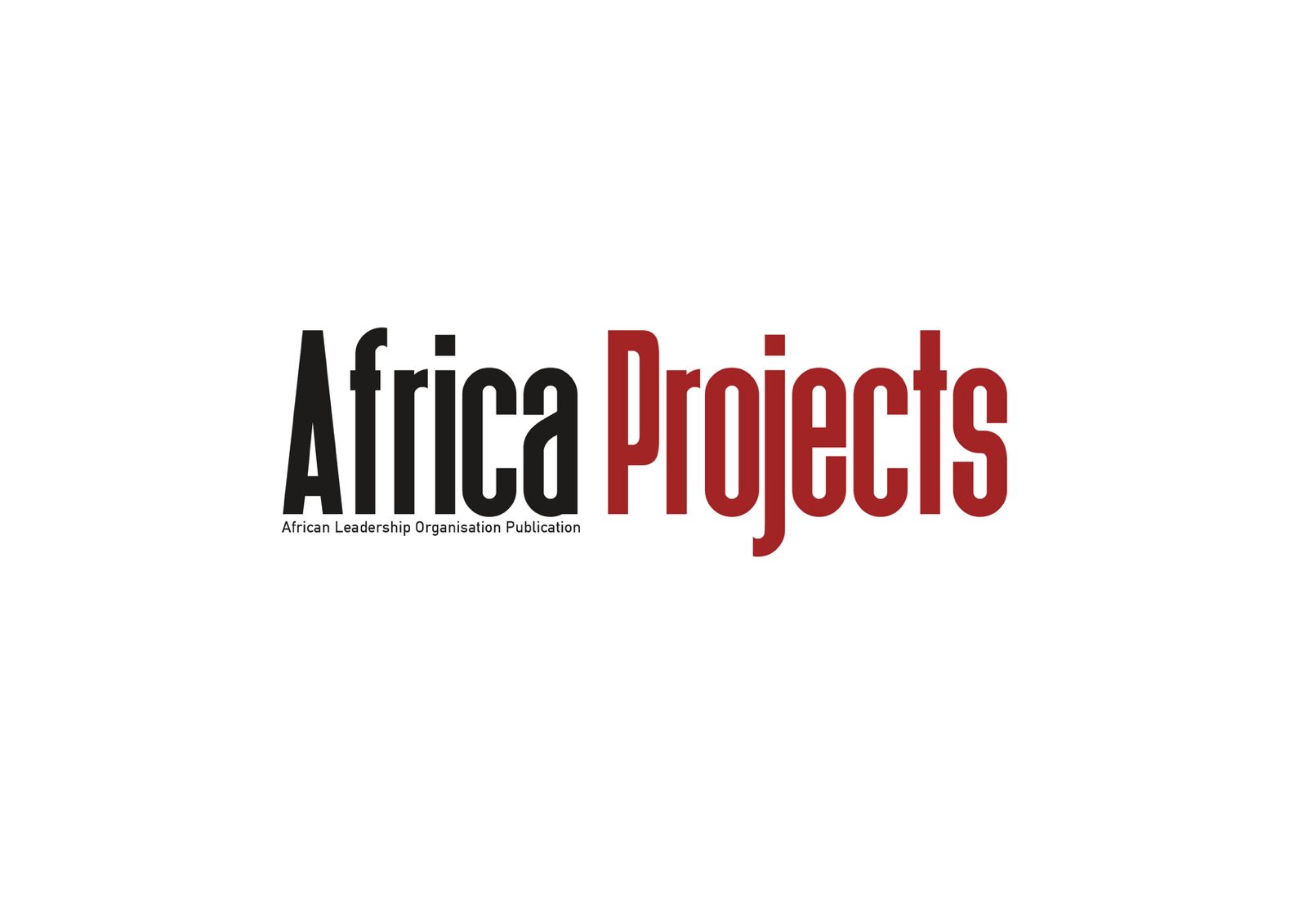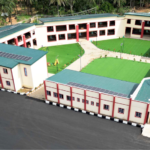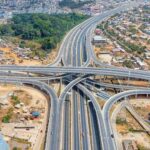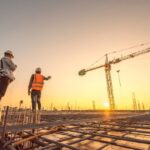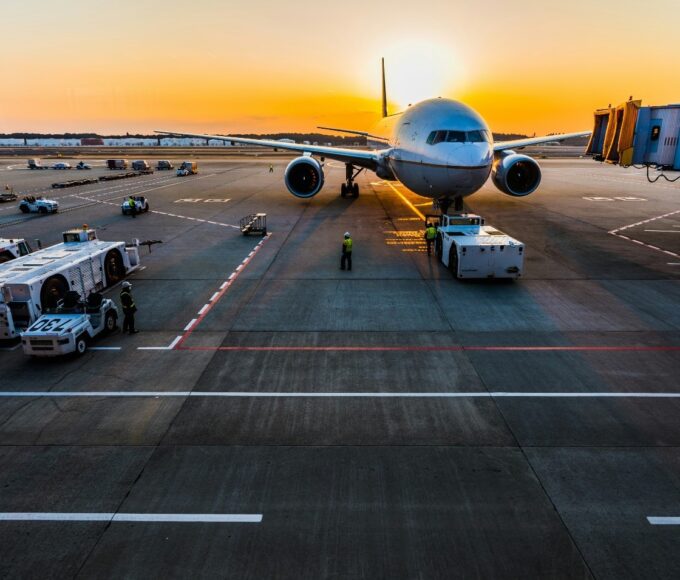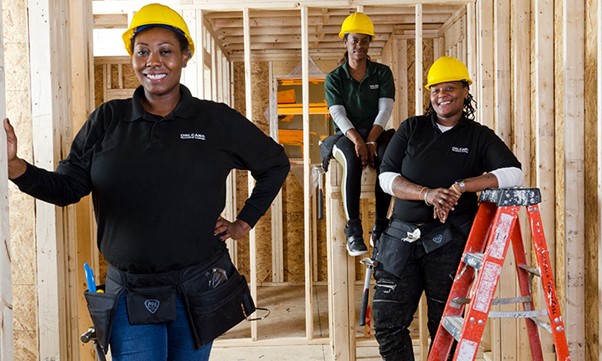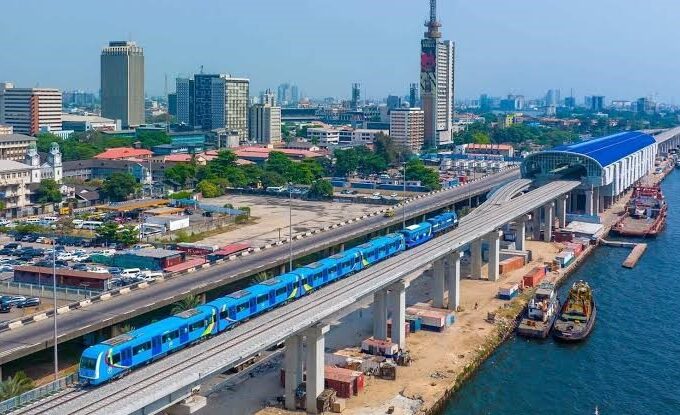- Home
- Features
- Startup Zone
- Projects
- Policies
- Shop
- Policies
- Projects
- Startup Zone
- Country Spotlight
- Analysis
- Tech
- Policies
- Projects
- Startup Zone
- Country Spotlight
- Analysis
- More
- Beyond the Kalashnikov: Africa’s Shift Toward Technology-Driven Warfare
- Afrail Express: Uniting a Continent on Rails
- AFRICA’S ENERGY CORRIDORS: CONNECTING POWER, PEOPLE, AND PROSPERITY
- Startup Lions Campus: Empowering Kenya’s Digital Generation
- L’Art de Vivre’s Le Paradis de Mahdia: Tunisia’s Model for Sustainable Luxury
- The Lobito Corridor: Rewiring Africa’s Trade Arteries Through Strategic Infrastructure
- AFRICA’S GREEN ENERGY TRANSITION: A BEACON OF HOPE FOR CLIMATE ACTION
- Dangote Refinery: Showcasing Africa’s Project Success Story
- AFRICA GREEN ECONOMY: ALL YOU NEED TO KNOW
- The Most Important Amicus Brief in the History of the World
- The Rise of Indigenous UAVs: Africa’s Drone Capabilities in Warfare and Surveillance
- AFRICA’S LARGEST OIL PRODUCERS: A COMPREHENSIVE OVERVIEW
- Beyond the Kalashnikov: Africa’s Shift Toward Technology-Driven Warfare
- Afrail Express: Uniting a Continent on Rails
- AFRICA’S ENERGY CORRIDORS: CONNECTING POWER, PEOPLE, AND PROSPERITY
- Startup Lions Campus: Empowering Kenya’s Digital Generation
- L’Art de Vivre’s Le Paradis de Mahdia: Tunisia’s Model for Sustainable Luxury
- The Lobito Corridor: Rewiring Africa’s Trade Arteries Through Strategic Infrastructure
- AFRICA’S GREEN ENERGY TRANSITION: A BEACON OF HOPE FOR CLIMATE ACTION
- Dangote Refinery: Showcasing Africa’s Project Success Story
- AFRICA GREEN ECONOMY: ALL YOU NEED TO KNOW
- The Most Important Amicus Brief in the History of the World
- The Rise of Indigenous UAVs: Africa’s Drone Capabilities in Warfare and Surveillance
- AFRICA’S LARGEST OIL PRODUCERS: A COMPREHENSIVE OVERVIEW
- Beyond the Kalashnikov: Africa’s Shift Toward Technology-Driven Warfare
- Afrail Express: Uniting a Continent on Rails
- AFRICA’S ENERGY CORRIDORS: CONNECTING POWER, PEOPLE, AND PROSPERITY
- Startup Lions Campus: Empowering Kenya’s Digital Generation
- L’Art de Vivre’s Le Paradis de Mahdia: Tunisia’s Model for Sustainable Luxury
- The Lobito Corridor: Rewiring Africa’s Trade Arteries Through Strategic Infrastructure
- Startup Zone
Top Insights
From Vision To Value: How Africa’s Special Economic Zones Are Powering Industrialisation
With many countries investing in infrastructure and regulatory reform, SEZs are likely to play an increasingly important role in driving economic growth and industrialization.

The signs of an industrial revolution, driven by the strategic development of Special Economic Zones (SEZs) appears to be gaining so much momentum in Africa. These zones are designed to attract investment, create jobs, and stimulate economic growth by providing a favourable business environment, state-of-the-art infrastructure, and streamlined regulations. In this article, we will explore the role of SEZs in Africa’s industrialization, highlighting successful cases from Nigeria, Ethiopia, and Senegal.
THE ROLE OF SEZS IN AFRICA’S INDUSTRIALIZATION
SEZs have been instrumental in driving economic growth and industrialization in many countries. By providing a platform for businesses to operate efficiently and effectively, SEZs can attract investment, create jobs, and stimulate economic growth. In Africa, SEZs are being used to drive industrialization and promote economic development.
NIGERIA’S LEKKI FREE TRADE ZONE
The Lekki Free Trade Zone (Lekki FTZ) is a special economic zone located in Lagos, Nigeria, designed to drive economic growth and industrialization. The zone covers an area of approximately 155 square kilometres and is strategically located near the Lagos ports, making it an ideal hub for trade and logistics. With state-of-the-art infrastructure, including roads, utilities, and telecommunications, the Lekki FTZ provides a favourable business environment for companies to operate efficiently and effectively.
The Lekki FTZ has attracted significant investment from international companies and is expected to create thousands of jobs and stimulate economic growth in the region. The zone’s favourable business environment, including tax breaks and streamlined regulations, has made it an attractive destination for investors. The zone is designed to be a hub for manufacturing, logistics, and trade, with many international companies setting up operations in the zone.
The development of the Lekki FTZ is part of Nigeria’s broader strategy to promote economic growth and industrialization. The zone is expected to play a critical role in driving economic growth, creating jobs, and increasing investment in Nigeria. With its strategic location, state-of-the-art infrastructure, and favourable business environment, the Lekki FTZ is well-positioned to attract investment and promote economic development in Nigeria. The zone’s success is expected to have a positive impact on the Nigerian economy and contribute to the country’s economic growth and development and by extension, the Africa continent
ETHIOPIA’S HAWASSA INDUSTRIAL PARK
The Hawassa Industrial Park is a special economic zone located in Hawassa, Ethiopia, designed to drive industrialization and economic growth. The park is dedicated to textile and apparel manufacturing, with a focus on export-oriented production. The park has attracted significant investment from international companies, including H&M and PVH, and has become a major hub for textile manufacturing in Africa.
The Hawassa Industrial Park offers a range of benefits to investors, including a favourable business environment, state-of-the-art infrastructure, and competitive labor costs. The park is equipped with modern facilities, including manufacturing sheds, warehouses, and office space, and provides a range of services, including utilities, transportation, and logistics support. The park’s strategic location, close to the port city of Djibouti, also makes it an ideal location for export-oriented production.
The Hawassa Industrial Park is part of Ethiopia’s broader strategy to promote industrialization and economic growth. The park is expected to create thousands of jobs and stimulate economic growth in the region, while also contributing to Ethiopia’s export earnings. With its competitive labour costs, favourable business environment, and strategic location, the Hawassa Industrial Park is well-positioned to attract investment and drive industrialization in Ethiopia. The park’s success is expected to have a positive impact on the Ethiopian economy and contribute to the country’s economic growth and development.
SENEGAL’S DAKAR INDUSTRIAL PARK
The Dakar Industrial Park, also known as the Diamniadio International Industrial Platform, is a special economic zone located approximately 40 kilometres from Dakar, Senegal’s capital city. This industrial park is part of the government’s Emerging Senegal Plan, an ambitious initiative aimed at driving economic growth and development by 2035. The park has already attracted significant investment from international companies, including those from China, Côte d’Ivoire, France, and Tunisia, which are producing goods such as garments, PVC pipes, food packaging, and electric bicycles.
The Diamniadio Industrial Park offers a favourable business environment, with the government investing around $44 million in building the park and establishing common services like a cafeteria and water recycling system. Private sector companies have also invested a similar amount in setting up and equipping their factories. The park is expected to create thousands of jobs, with 4,500 people anticipated to be employed by next year and at least 23,000 jobs generated when the second phase is complete. One of the companies already established in the park is C&H Garments, a Chinese company that has installed 26 production lines and plans to recruit up to 1,000 workers.
The park’s success can be attributed to the support from the United Nations Industrial Development Organization (UNIDO), which provided advisory services for the development and management of the park, including technical assistance with its business model and investment incentive package. The park has been granted special economic zone status, allowing businesses to operate under different laws and regulations than the rest of the country. With its strategic location, favourable business environment, and significant investment, the Dakar Industrial Park is poised to drive economic growth and industrialization in Senegal.
JOB CREATION AND ECONOMIC GROWTH
One of the key benefits of SEZs is their ability to create jobs and stimulate economic growth. By attracting investment and promoting industrialization, SEZs can create employment opportunities and increase economic activity. In Nigeria, for example, the Lekki Free Trade Zone is creating thousands of jobs and stimulating economic growth in the region.
For instance, The Dangote Refinery is located in the Lekki Free Trade Zone, specifically in Ibeju Lekki, Lagos, Nigeria. This strategic location allows for easy transhipment of refined petroleum products to international markets. The refinery, which is Africa’s largest and the world’s biggest single-train facility, covers approximately 2,635 hectares of land and has a processing capacity of 650,000 barrels per day. It’s designed to produce Euro-V quality clean fuels, including gasoline, diesel, and jet fuel, as well as polypropylene and other petrochemicals.
The refinery has created thousands of both direct and indirect jobs for Nigerians and foreigners alike.
MANUFACTURING AND EXPORT DIVERSIFICATION
SEZs are also being used to promote manufacturing and export diversification. By providing a platform for businesses to operate efficiently and effectively, SEZs can attract investment in manufacturing and promote the production of goods for export. In Ethiopia, for example, the Hawassa Industrial Park has become a major hub for textile manufacturing, with many international companies setting up operations in the park.
Challenges and Opportunities
While SEZs offer many benefits, they also face challenges. These include infrastructure constraints, regulatory hurdles, and security concerns. However, with careful planning and implementation, SEZs can overcome these challenges and provide significant benefits for African countries.
INVESTMENT AND INFRASTRUCTURE
One of the key challenges facing SEZs is the need for investment in infrastructure. SEZs require state-of-the-art infrastructure, including roads, ports, and telecommunications, to attract investment and promote economic growth. In many African countries, infrastructure constraints are a major challenge, and investment is needed to upgrade infrastructure and support the development of SEZs.
REGULATORY FRAMEWORKS
Another challenge facing SEZs is the need for effective regulatory frameworks. SEZs require streamlined regulations and favourable business environments to attract investment and promote economic growth. In many African countries, regulatory frameworks are complex and bureaucratic, and reform is needed to support the development of SEZs.
Indeed, SEZs are playing a critical role in Africa’s industrialization, driving economic growth, job creation, and export diversification. With careful planning and implementation, SEZs can provide significant benefits for African countries, including increased investment, economic growth, and job creation. As Africa continues to develop its SEZs, the continent is poised to experience significant economic growth and industrialization in the years to come.
The future prospects for SEZs in Africa are significant. With many countries investing in infrastructure and regulatory reform, SEZs are likely to play an increasingly important role in driving economic growth and industrialization. As Africa continues to develop its SEZs, the continent is likely to attract significant investment, create jobs, and stimulate economic growth.
Recent Posts
Related Articles
Airports in Transformation: Ethiopia’s Vision for Bole
Ethiopia is charting an ambitious course to elevate its status as Africa’s...
ByafricaprojectAugust 13, 2025Women in South African Construction: Progress and the Road to Equality Ahead of Women’s Day 2025
As South Africa approaches National Women’s Day on August 9, 2025, there’s...
Byadmag_adminJune 12, 2025TOP 5 MEGA CITIES IN AFRICA
Africa is home to some of the fastest-growing cities in the world....
Byadmag_adminJune 12, 2025South Africa’s Infrastructure Reset: Big 5 Construct and Water Expo 2025 Aim to Anchor National Rebuild
In a year marked by power outages, crumbling water infrastructure, and economic...
Byadmag_adminJune 11, 2025